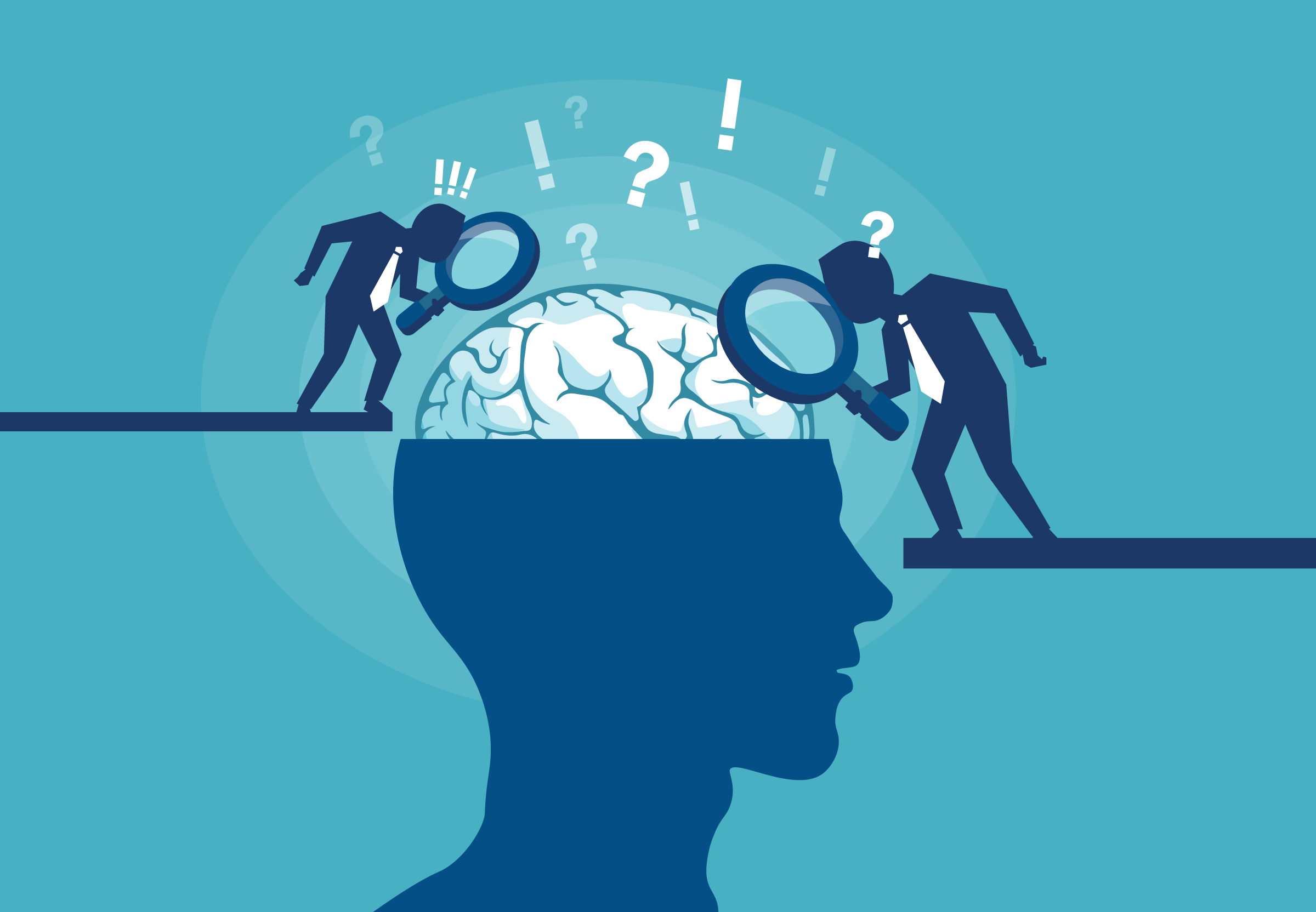
121—
Meditative Munching

Why are you worried about your memory — at your tender age?
Is it because you’re regularly finding that you can’t remember the right word, peoples names, or whether you actually did something or not? Maybe it’s because you struggle to recall what the heck you came into a particular room to find, do, or retrieve?
Well, worry no more!
For one thing — I’m pretty confident that you’re not suffering from early-onset Dementia; despite what Google has told you.😋
And ‘for two’, worrying is simply not good for your memory.
What I believe you’re currently suffering from (like many of my clients) is: Dimensia
Dimensia is a term I’ve coined for those people whose ‘poor memory’ is due to their focus being off ‘somewhere else’.
While they’re doing the thing it’s almost as if they’re between dimensions; they’re physically here but their mind is elsewhere. Therefore they didn’t actually witness the thing they were doing and have no chance of remembering it.
The underlying causes of Dimensia are stress, overwhelm, and trying to do too many things at one time.

In most cases, the reason why you have a poor memory is because you weren’t consciously aware of what you were doing, hearing, or reading. Therefore you never registered — let alone added it to your memory.
With my clients who suffer from this condition, in the first instance, I tell them that while I can’t help them to retrieve their memories, I can certainly help them to make better memories for the future.
To this end, I simply ask them to slow everything down, focus on one task at a time, and literally narrate their movements for a wee while.
For instance, to combat such issues as double-checking door-locking/frantic key searching/and, what-on-earth-did-I-come-in-here-for, you need to be consciously aware of what you’re doing:
I need to lock the door.
I’ll need a key to lock the door.
The keys are in the kitchen.
I’ll go and get the key to lock the door.
I have retrieved the key to lock the door.
I will now lock the door.
I have put the keys in my pocket/handbag.
(Don’t get distracted from your mission if at all possible.)
Whilst this process sounds super-daft, and is more indicative of how an amoeba might approach this simple task…
If you’re the type of person who can never remember if you locked the front door or not (and have to double or even triple-check), and you spend a great deal of your time on this planet hunting for your keys… Then I can guarantee that you’re only paying vague attention to what it is that you’re actually doing.
You’re barely even aware of these events. So then, how the heck can you expect to recall them at a later date? You can only make assumptions about what happened and start doubting yourself.
Again, it’s usually because —
You weren’t really ‘there’ when you first heard the name
Most of us know that you’ve got to repeat the name of the person a couple of times for it to actually ‘go in’.
You’re not paying attention to the words that you’re speaking
You’re ‘off’ thinking about something else rather than the subject at hand… Then, when you suddenly ‘snap back’ into what you’re saying, you start telling yourself that you can’t remember what you were saying — instead of actually trying to remember what you were saying!
Our memories are stored in our brain’s Hippocampus.
Because we are constantly creating and saving new memories, this area of the brain is highly plastic (meaning it has the ability to reorganise itself by forming new connections). Therefore it is also highly vulnerable to damage.
Chronic, or severe stress can damage this region of the brain and effectively reduce the size of your memory bank. 1,2 😬
It’s important to know, that if this is the reason for your poor memory, then you may also be suffering from other affective disorders e.g. depression, anxiety, sleep dysfunction, and addictions.
Please see the other blog-posts that I have written on affective disorders, and MALADAPTIVE NEUROPLASTICITY.

When you’re feeling stressed, overwhelmed, or trying to do too many things at one time, slow everything down e.g. your movements, your talking, your writing, your typing. Then solely concentrate on doing one thing at a time. (This will also improve your productivity. More on this in a subsequent blog-post.)
Again, you actually have to pay attention to the thing that you’re doing, hearing, reading, saying — for it to ‘go in’.
And, if it’s something really important to remember in the long-term, you need to repeat it — for it to stay in your noggin.
Note: Your brain mostly does this for you by anchoring the memory, by connecting it to something else such as a person/a feeling/a smell/or a sensation.
Make sure you’re supporting yourself by saying:
I have a most-excellent memory.
Because if you’re telling yourself that you have a poor memory, it will become a self-fulfilling prophecy — simply because you won’t bother even trying to remember stuff. This just then becomes a wee story that you tell about yourself, and to others e.g Hi, my name is ‘______’ and I have a poor memory — but it’s not my fault. So please be advised not to expect me to remember anything about anything that occurs here today. 🤔😖
A helpful place to start is with a good quality B-group vitamin — taken straight after a protein-based breakfast. (Swallowed back with just a small mouthful of water.)
These vitamins reduce stress which can impact your memory, and also feed your nervous system which will help your memory recall.
Note: This supplement will also help if you are suffering from an affective disorder.
If you try the things above, and you’re still ‘blanking’ then it’s time to visit your favourite Naturopath.
Remember me?!👋🏼

Lisa Fitzgibbon is a degree qualified (2006), experienced and registered Naturopath & Medical Herbalist. She runs her own private practice – OOMPH in Grey Lynn, Auckland, New Zealand.
Lisa has been involved in the Natural Health industry for 16 years. She draws on her professional training and experience, as well as her own personal experience to bring you realistic, holistic health advice.
Book onlinehttps://www.ncbi.nlm.nih.gov/pmc/articles/PMC3111759/
https://pubmed.ncbi.nlm.nih.gov/9882536/
Subscribe to LISA SAID SO
Subscribe to the LSS newsletter to get updates on a very irregular basis.
Sorry for the interruption!
You seem to be interested in what Lisa has to say. To be updated when new articles are published, or we have news to share, enter your email below. Thanks!